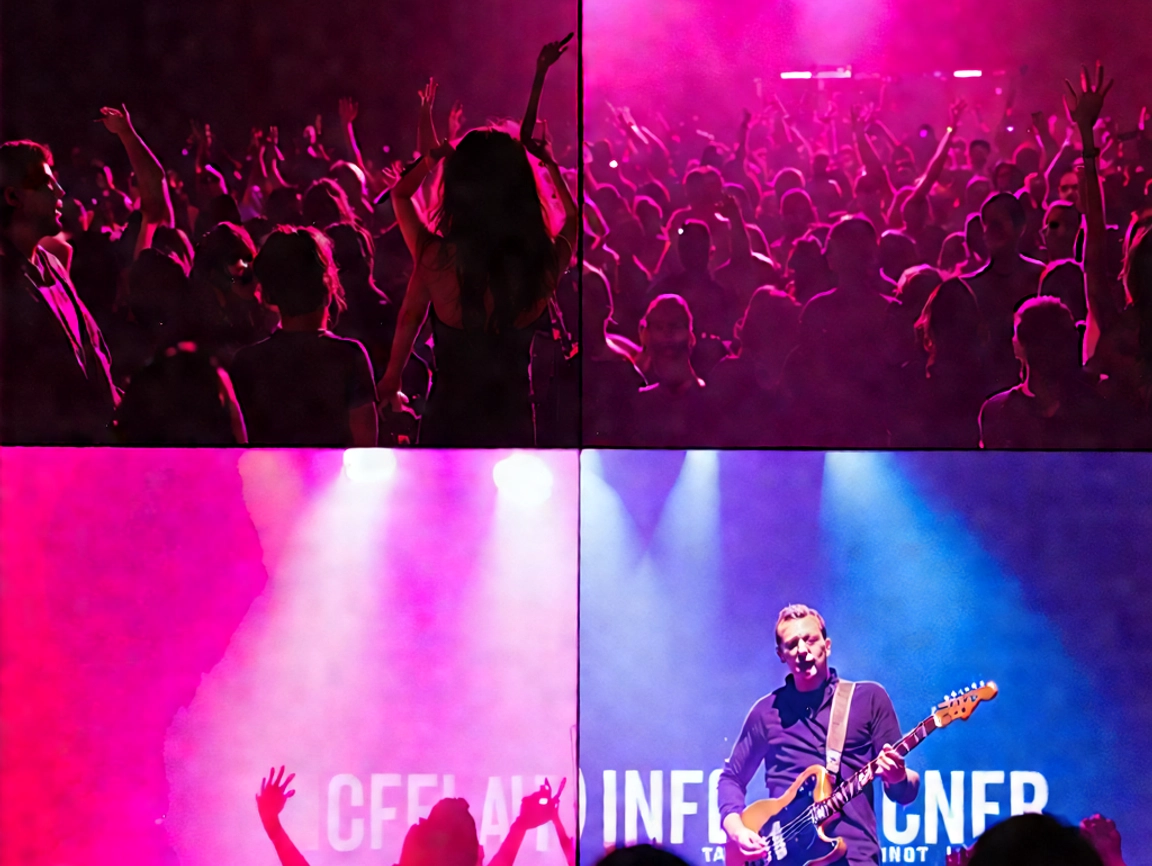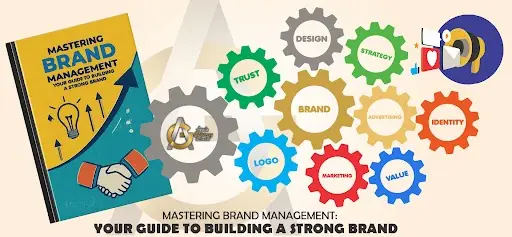Hey everyone, it’s a new year! Today we’re hitting a topic that’s super relevant for any musician trying to make it in today’s brand partnership world: What’s the difference between an influencer music artist influencer and a brand music artist?
Influencer Music Artist vs. Brand Music Artist: What’s the Deal?
Think about it. You see music artists blowing up on social media platforms, crushing it on Instagram, and racking up millions of streams. Are they influencers? Are they brands? What’s the secret sauce? 🤔
At first glance, they might seem the same. Both have a loyal following, both create killer content. But there’s a fundamental difference in how they operate. Influencers connect with their audience on a personal level, while brands focus on building a recognizable brand identity.
We are going to break down the key differences so you can understand how these two forces work, and more importantly, how you can leverage both to level up your brand partnership music career. Let’s dive in!
Influence vs. Brand Identity – The Heart of the Matter
Influencers, like your favorite music blogger or that music artist who’s always going live on social media platforms, thrive on relatability. Their power comes from their unique story, their personality, their everyday struggles and triumphs. Fans connect with them because they feel like they know them.
Brands, on the other hand, are all about consistency and recognition. Think about iconic bands like the Rolling Stones or Nirvana. Their logos, their style, their music – it all screams a unified message. They’ve built a powerful identity that resonates with their fanbase.
Followers vs. Customers – Building Your Tribe
For influencers, followers are more than just numbers; they’re a community. Every comment, like, and share strengthens that bond. It’s about genuine interaction and building a loyal tribe.
Brands, while they value their fanbase, are ultimately focused on turning listeners into customers. They want you to buy their merch, stream their music, and come to their shows. It’s about creating a product (their music) and building a sustainable business around it.
Show Me the Money! – How Influencers and Brands Cash In
Influencers often make money through brand deals, sponsorships, and affiliate marketing. Think of a musician promoting a music gear company or partnering with a clothing brand.
Brands, like your favorite artists, generate revenue through album sales, streaming royalties, merch, and concert tickets. They’re constantly creating and promoting their “product” – their music – to drive sales and grow their fanbase.
The Power Couple – Why Brands and Influencers Team Up)
Brands want to tap into that authentic connection influencers have with their audience. Imagine your favorite artist recommending a new music app – you’re way more likely to check it out, right?
For musicians, partnering with the right brands can boost their visibility, provide valuable resources, and even open doors to new opportunities. But it has to be authentic! Fans can spot a fake miles away.
Level Up! – When Musicians Become Brands
This is where things get really interesting. When musicians build a strong personal brand like Rihanna with Fenty Beauty, they can leverage that influence to create their own products and businesses. Think of artists launching their own clothing lines, record labels, or even festivals.
It’s a powerful evolution, and it all starts with building trust and a loyal fanbase to support a brand.
Mic Drop – Key Takeaways
So, what have we learned? Influencers connect, brands create. Influencers engage, brands convert. But they need each other! Musicians can leverage the power of both to build a successful brand career.
By understanding these dynamics, you can strategically build your own personal brand, connect with your fans on a deeper level, and ultimately achieve your musical goals.
Thanks for your time! See you in the next blog! 🤘


